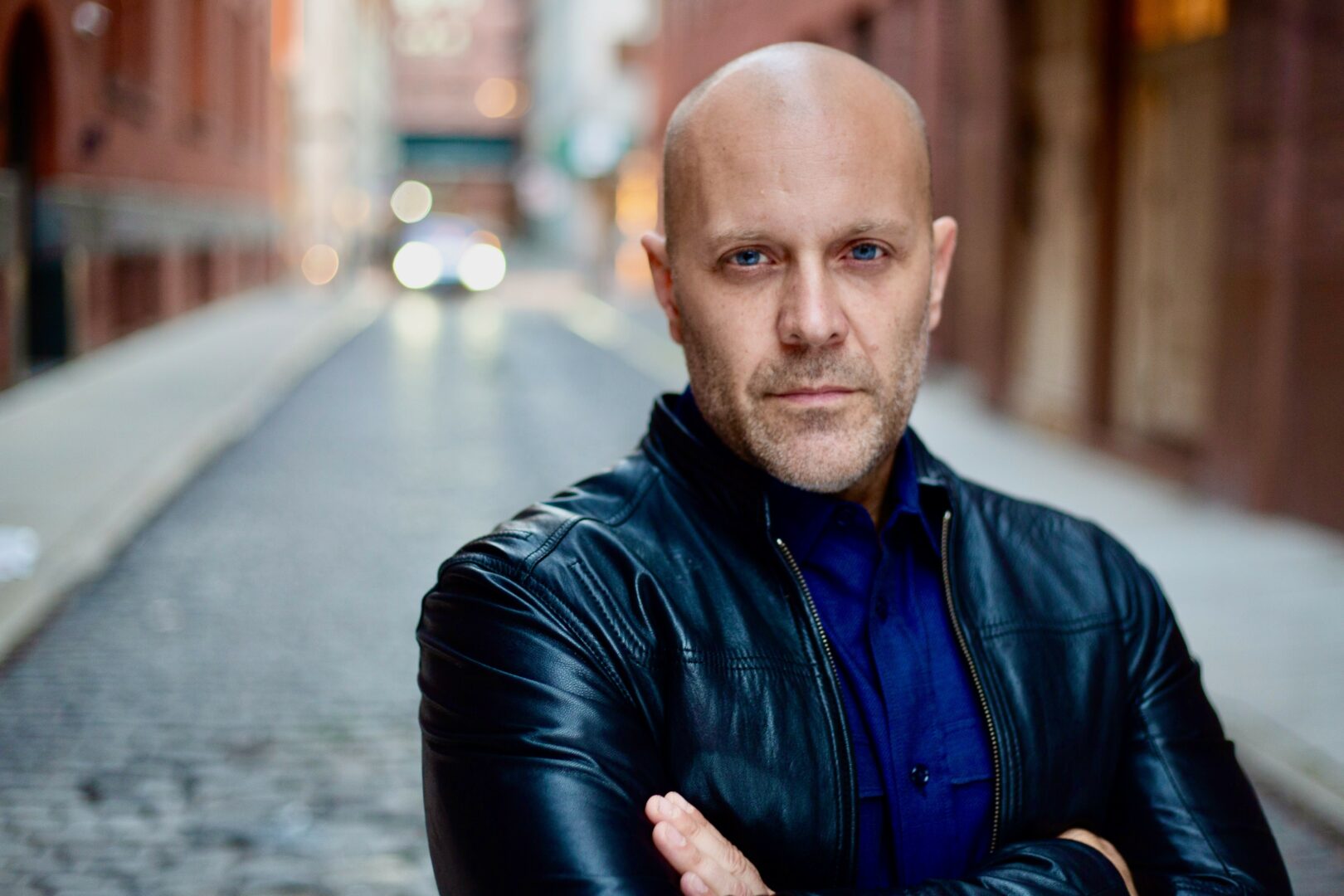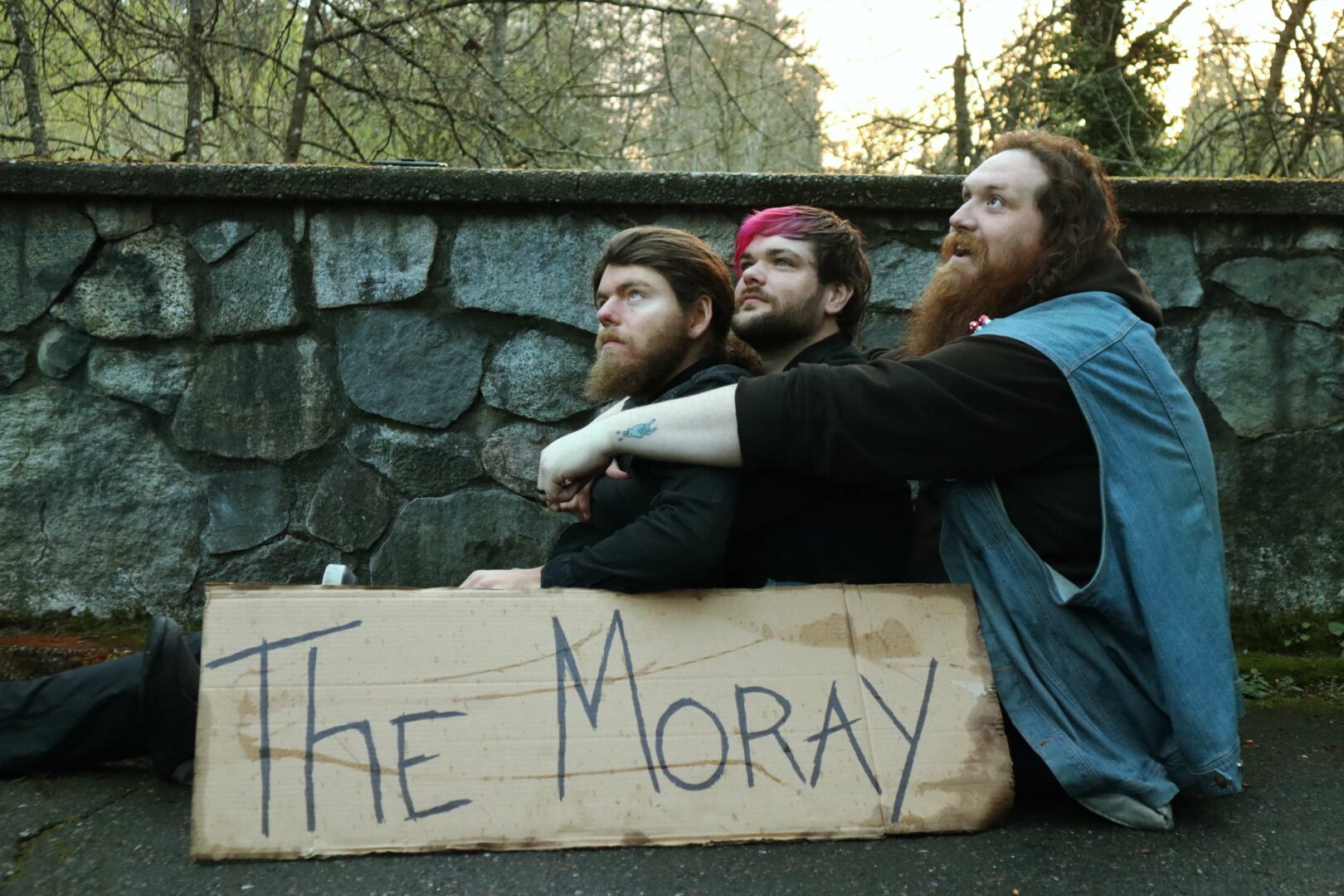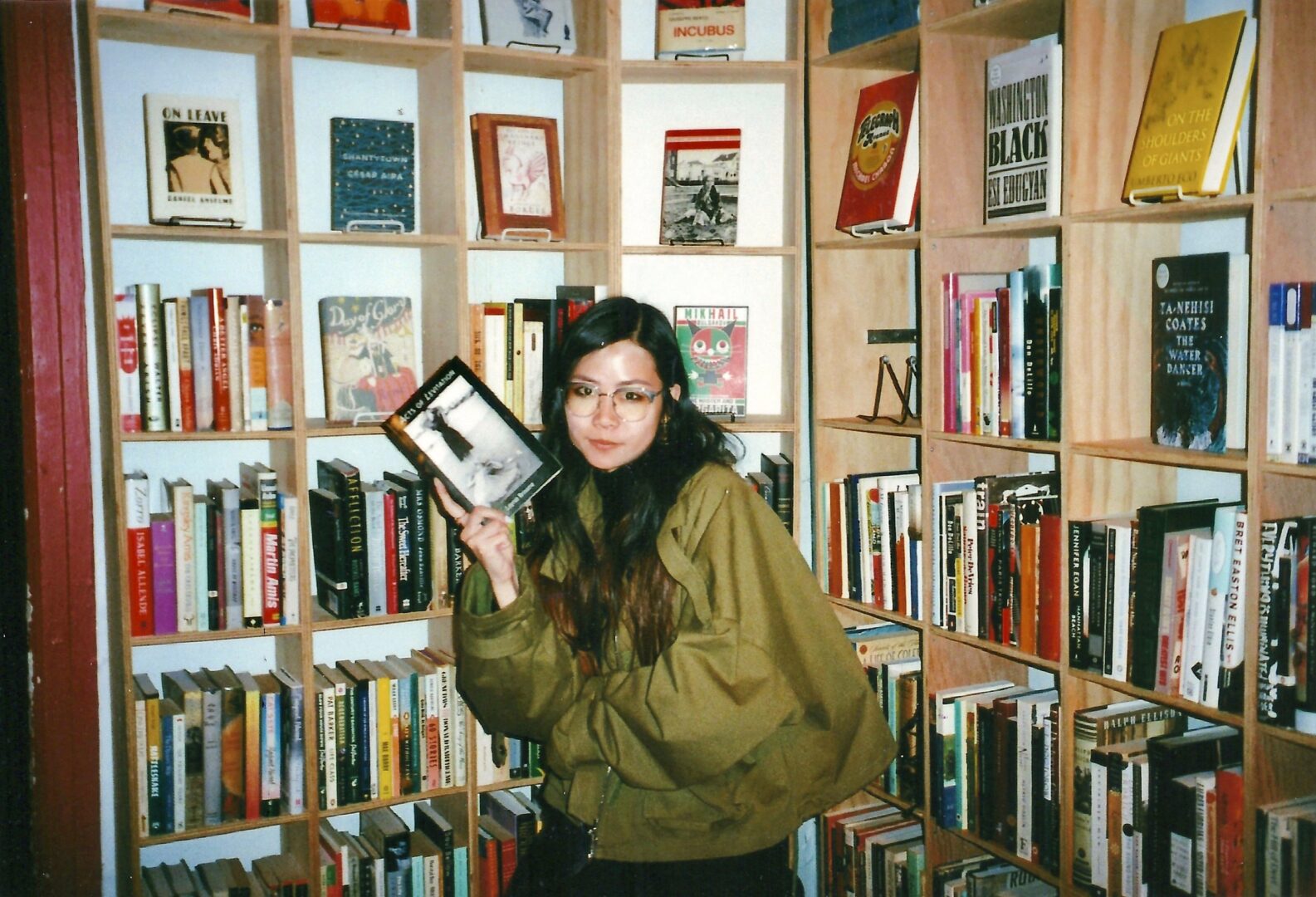Alright – so today we’ve got the honor of introducing you to Douglas Taurel. We think you’ll enjoy our conversation, we’ve shared it below.
Douglas, thanks so much for taking the time to share your insights and lessons with us today. We’re particularly interested in hearing about how you became such a resilient person. Where do you get your resilience from?
For me, resilience lives in an unrelenting faith in myself. If you are an artist, an actor, or an entrepreneur, you need to keep your head focused on what you are going after and let nothing distract you from achieving that goal. Nothing!. Worrying about what others think about you, your goals, your dreams, or whatever it is you are trying to achieve is absolutely useless. And the moment you allow other people’s opinions to persuade you in any way or steer you from actually taking action towards your goals, you will lose your confidence and lose your resilience.
I also think it’s perfectly fine to suck at something in the beginning. People focus too much on perfection, which is the enemy of success. Everyone is crap out of the door, and none of us are at our very bests when we begin, but you keep working at it and putting it out there. Your job is to do the work and not worry about what others think; if you do that, you are more than halfway there. Show up every day and keep grinding. Success will happen, but you have to stay with it and not worry about what others think.
The first time I performed my solo show, The American Soldier, at a workshop, it was not good. It sucked! Watching the video recording was so hard. I would sit there cringing at every line and at every step I took. However, I forced myself to watch it — dissect it, and determine what was working and what was not. Little by little, revision to revision, rehearsal to rehearsal, and performance to performance, it improved and got really good. And at every step of working at it, I developed more and more confidence to keep putting it out there. When you are willing to work on your goals – your goals eventually go to work on you.
The beauty of resilience is that it increases with each adversity you confront and overcome. It’s like a muscle. You’re pretty weak the first time, but then you make it stronger and stronger. And over time, it becomes a habit, and you are no longer afraid of failure; you welcome it.
If you keep going, keep grinding, keep believing, and keep dreaming, you will get there. You may stumble once or twice, but just know that you will get up and keep moving forward. That is resilience at its core.
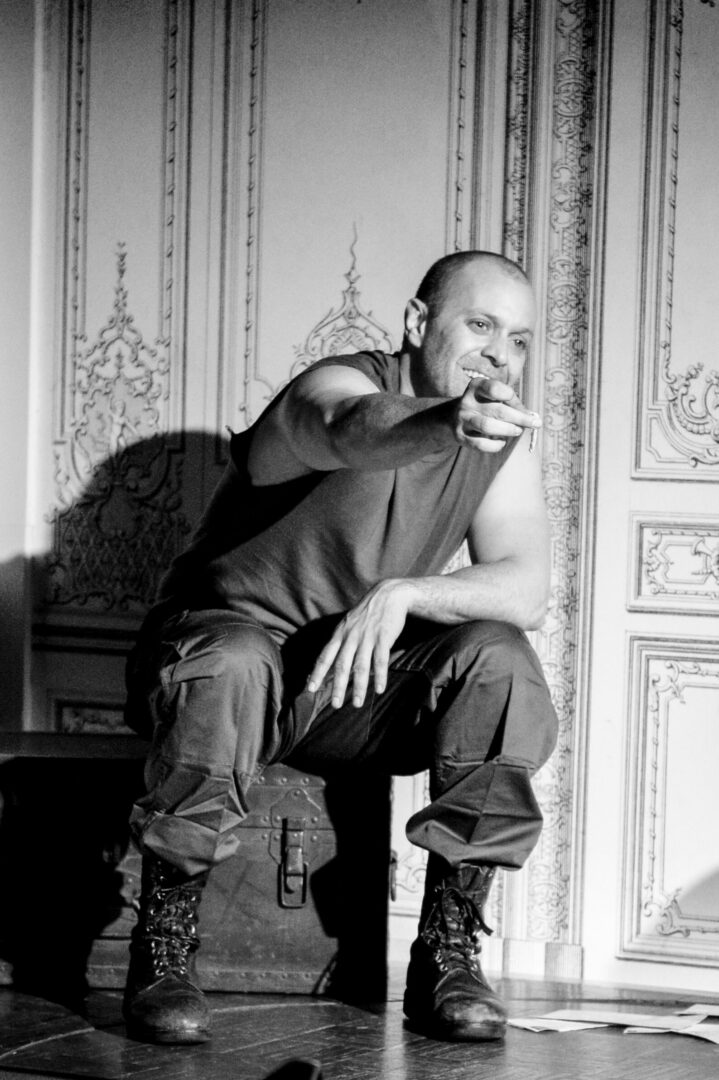
Great, so let’s take a few minutes and cover your story. What should folks know about you and what you do?
I’m an actor, writer, and producer who has appeared on television, in film, and in the theater. I focus on the human experience, and I love telling stories about characters who live on the edge of life somehow. The most exciting thing for me is working on stories that share the human, which mainly happens every time I perform my solo show, The American Soldier. What I love most about my play is that it is based on real letters and true stories from soldiers, so there is no glorification here — just a raw and gritty look at the pains of war in what is indeed an important portrayal of some of the difficulties our veterans and their families face. I’ve performed in notable venues like the Kennedy Center, the Library of Congress, and Off-Broadway. It is a solo show I wrote to help honor our veterans and remind audiences of the service and sacrifice they have given for us all.
I have a deep passion for writing and producing. You learn so much about yourself when you put pen to paper or finger to keyboard. And there is something so exhausting about having an idea and being the one to bring it to life. I created my production company, Cyclops Productions, to continue exploring the world of writing, directing, and producing stories focused on shedding light on underrepresented voices/stories.
At the heart of it all, everything I plan to do comes down to a simple mission: to make art that moves people, art that either makes them laugh, cry, or ponder the mystery of life.
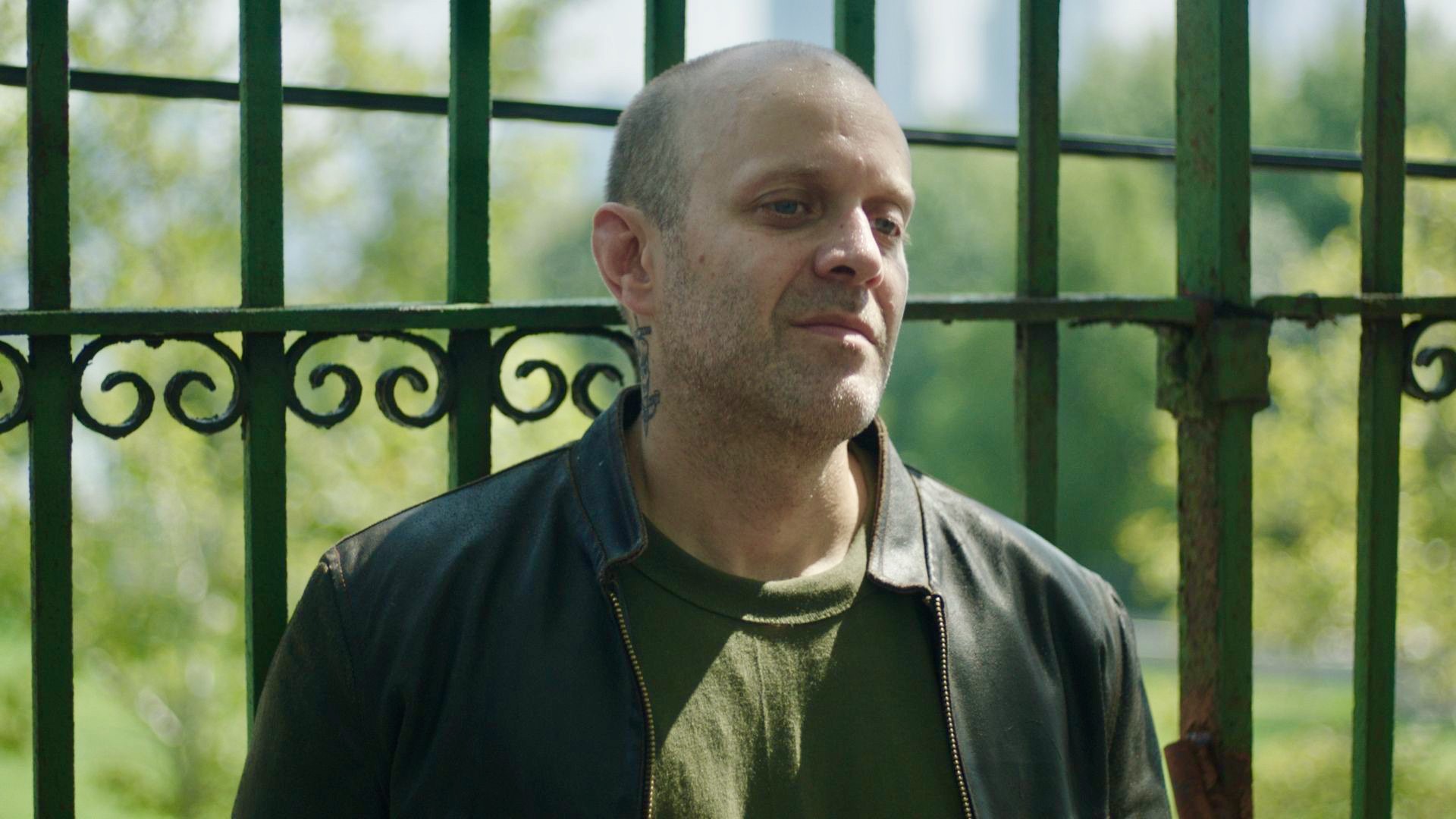
Looking back, what do you think were the three qualities, skills, or areas of knowledge that were most impactful in your journey? What advice do you have for folks who are early in their journey in terms of how they can best develop or improve on these?
Resilience has been at the core of everything I’ve done. Whether it was starting out in New York City, where rejection is part of daily life, or refining The American Soldier after every performance, I had to learn to keep going, even when things didn’t go as planned. The key to developing resilience is to embrace failure as part of the process. Don’t shy away from it. Each setback is an opportunity to learn, grow, and improve. When you stop fearing failure, you start building a strong foundation for your craft.
Discipline is non-negotiable, especially in an industry that demands so much of your time, energy, and mental space. The only way to keep improving and consistently deliver your best work is to stay disciplined—whether it’s in preparing for a role, writing, or managing production timelines. This also applies to staying in shape and taking cared voice because, of your body an as an actor, that’s your instrument. To those early in their journey, I’d say: build daily habits, no matter how small, that push you toward your goals. Consistency is what separates those who make it from those who don’t.
Get up even when you don’t feel like it. Go when your sick and grind. Motivation is fleeting but descipline is non negotialble. It is what seperates the pro’s from the amateurs.
Emotional intelligence and storytelling are also critical. As an actor and writer, it’s essential to understand people, their motivations, fears, and dreams. This is what allows you to bring truth and honesty to your characters and scripts. For me, that came to life in my solo show The American Soldier, where I immersed myself in real-life stories from veterans. For others early in their journey, my advice is to always stay curious about human nature—read, observe, ask questions, and always keep learning. Most importantly, read!
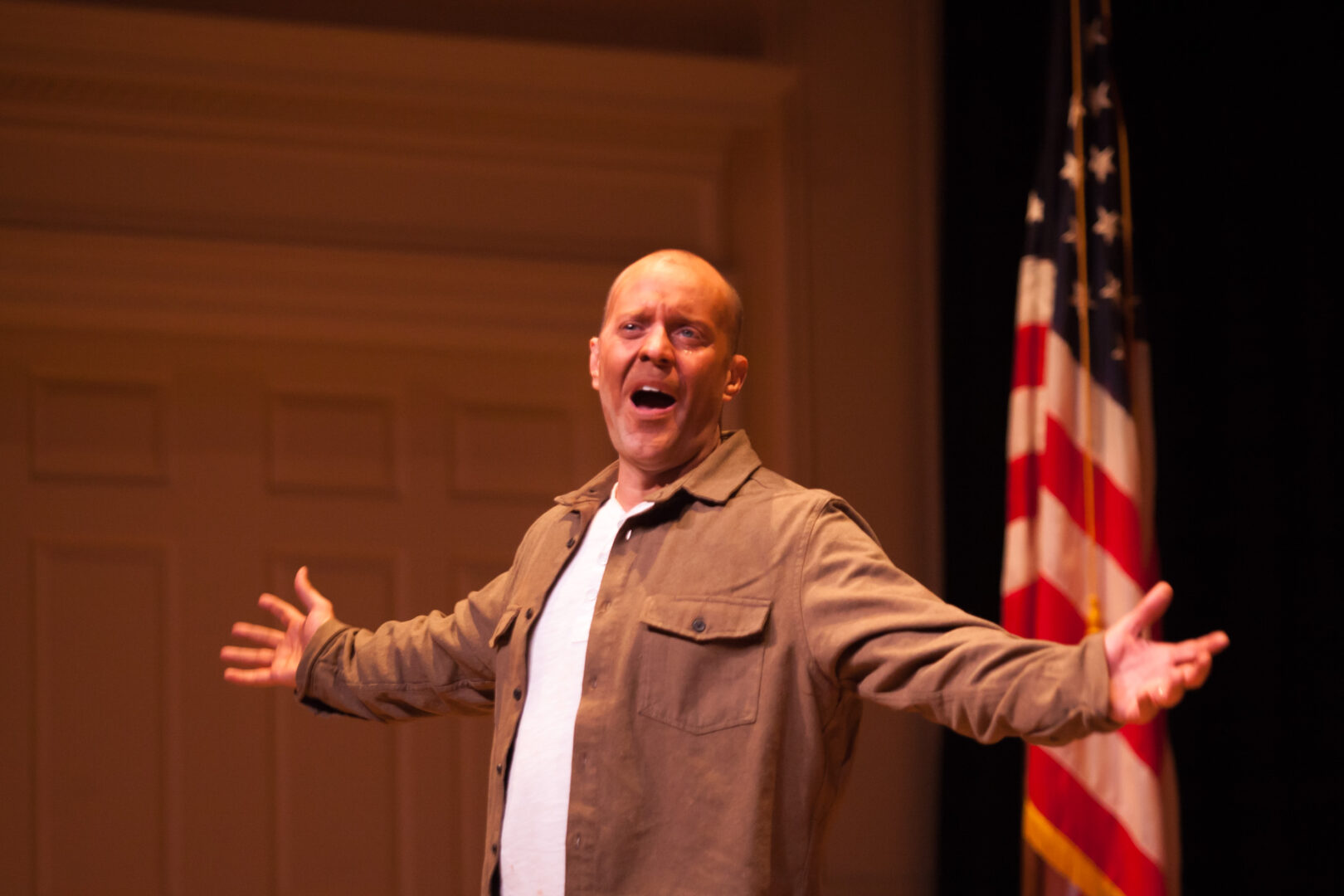
Thanks so much for sharing all these insights with us today. Before we go, is there a book that’s played in important role in your development?
You know, one of the most influential books I have ever read was books on NLP (Neuro-Linguistic Programming) and Cybernetics. They are like mental hacks for getting your head in the right place. With NLP, it’s all about understanding how your brain works with the language you use and the habits you form. If you can figure out what thought patterns are tripping you up, you can rewire them to work for you instead of against you. It’s like flipping the script on negative thinking and creating a mental environment that pushes you toward success.
Then there’s Cybernetics, which is all about systems and feedback loops. It teaches you how to look at your actions and see what’s working and what’s not. It’s like having a GPS for your personal growth—you’re constantly getting feedback, adjusting, and fine-tuning your approach. This keeps you on track and helps you adapt when things don’t go as planned.
So, when you put the two together, it’s not just about staying motivated; it’s about knowing how to train your mind to be effective and resilient. You end up with a mental toolkit that helps you handle setbacks, adjust your game plan, and keep moving forward toward your goals.
Contact Info:
- Website: https://www.TheAmericanSoldierSoloShow.com
- Instagram: https://www.instagram.com/douglastaurel/
- Facebook: https://www.facebook.com/DouglasTaurel/
- Linkedin: https://www.linkedin.com/in/douglastaurel/
- Twitter: https://x.com/douglastaurel
- Youtube: https://www.youtube.com/user/thetaurels
- Other: www.DouglasTaurel.com
www.LandingHomeWebseries.com
www.CyclopsProductions.com
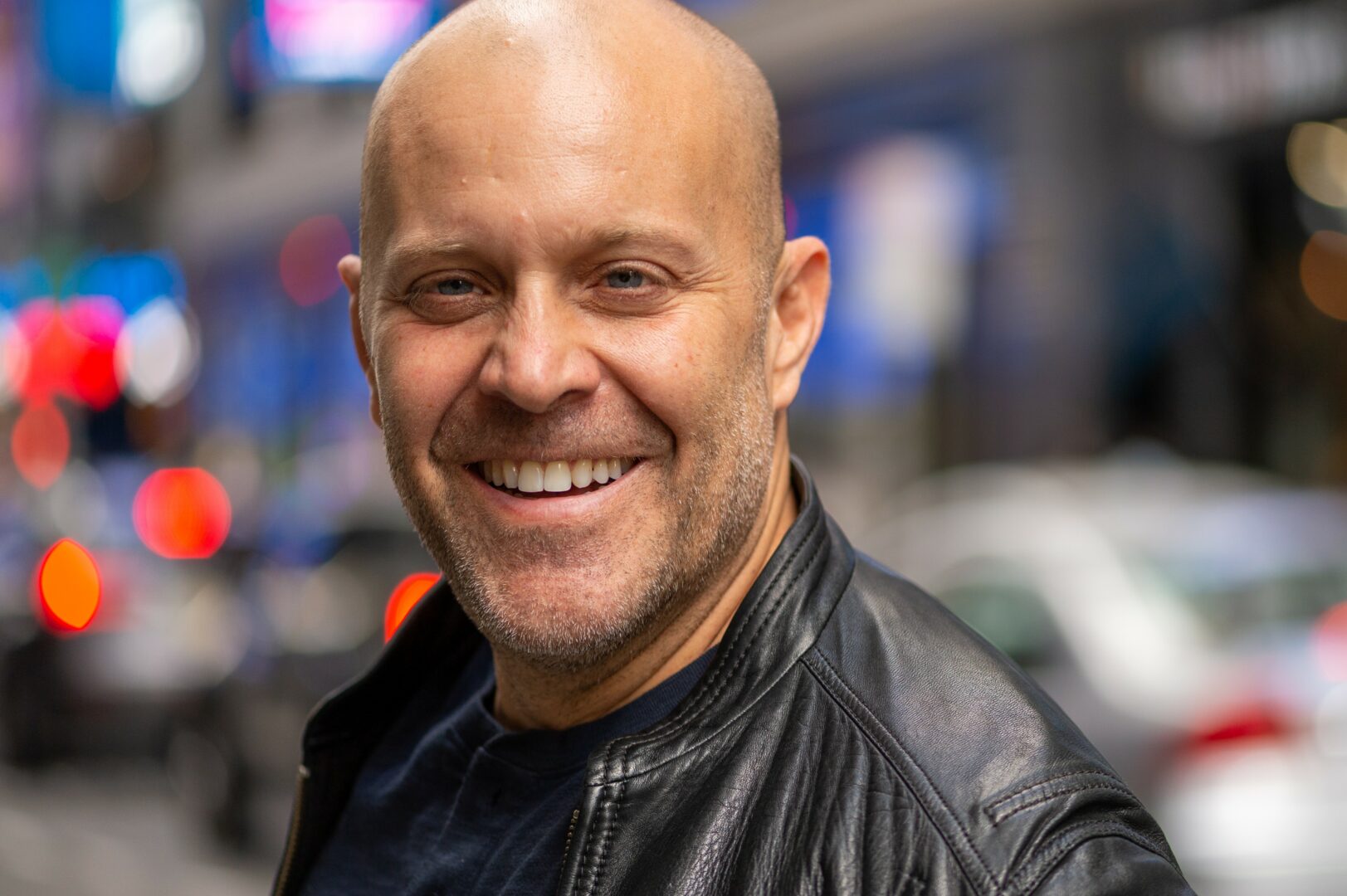
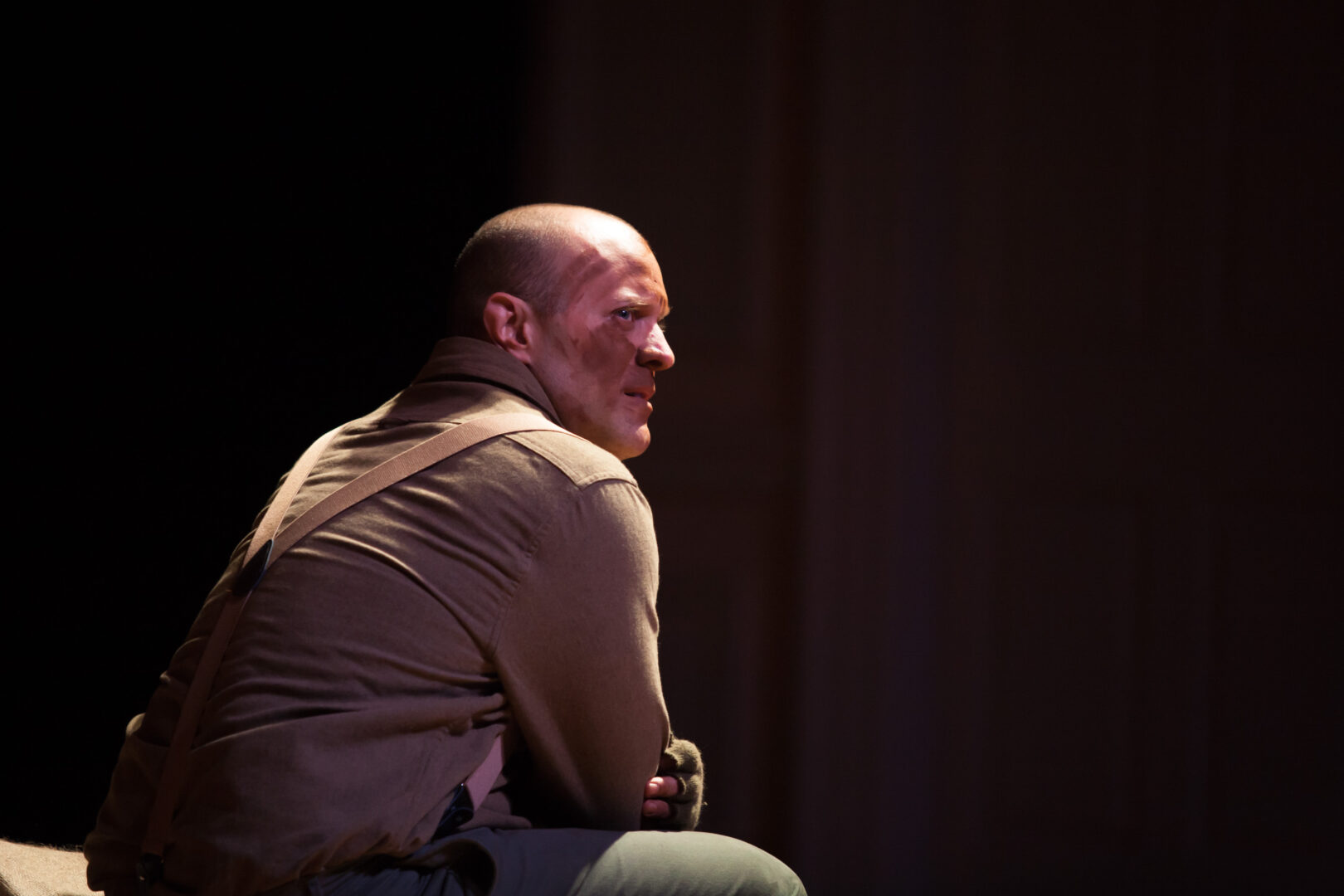
Image Credits
Dian Bush Photography
Ryan Maxwell Photography
Alexander August Photography
so if you or someone you know deserves recognition please let us know here.

